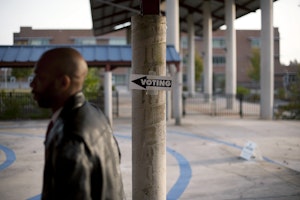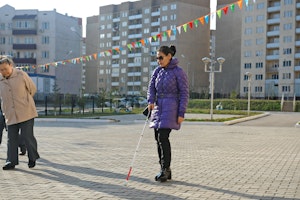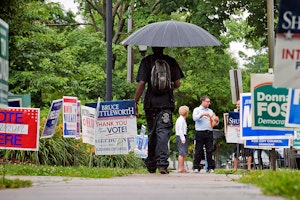Vote 2012: Do Super PACs Hurt Democracy?
By Muzna Ansari
An interesting new breed of Super PACs have been born, like the Campaign for Primary Accountability Super PAC, which aims to solve the problem of incumbency instead of supporting individual candidates –but are supporters correct when they argue that such Super PACs are different, that they help, rather than hurt, democracy? The answer is no. Whether they are aiding a specific candidate or trying to change a systemic problem, we must remember that Super PACs are children born only to the elite members of our society. A recent New York Times Sunday Dialogue focused on whether or not Super PACs increase the competitiveness of elections—failing to grasp the basic premise that Super PACs, by definition, undermine competition.
Following the 2010 Supreme Court decision Citizens United vs. FEC, Super PACs, or “independent-expenditure only committees," can raise unlimited funds from individuals, corporations, unions, and other groups. While at first glance it seems that Super PACs foster a greater level of competitiveness by allowing candidates other than the Bloombergs of our world to run for an election, a closer look illustrates that the competition is predetermined. For example, the Campaign for Primary Accountability decided to financially support Brad Wenstrup (a doctor and Iraq war veteran who has never held political office) against incumbent Representative Jean Schmidt in Ohio. What if I, as a citizen of Ohio, wanted to vote for someone with significant political experience? What would I, as a middle class citizen do? I wouldn’t have the luxury of starting a Super PAC in favor of my preferred candidate. Where does my voice factor in the Campaign for Primary Accountability’s decision-making?
A truly competitive election would not be predefined by the choices of a few, wealthy citizens—it would allow all interested individuals an equal chance of winning and all supporters an equal chance of having their voices heard. Imagine if two people sought to speak out in favor of a candidate in the town square – the first with a giant megaphone and the other with only his God-given voice. The first can speak so loud that he drowns out all other voices (until someone who can afford a more powerful megaphone comes along). That does not equal more speech, it is just louder speech for some select individuals (while everyone standing in the park covers their ears and runs away.)
Super PACs limit the American public’s options to candidates chosen for us by the wealthy. How exactly would this lead to greater, healthier competition in our elections? If the Republican primaries have shown us anything, it has been the power of a few wealthy individuals using Super PACs to keep candidates they prefer in the running.
The Campaign for Primary Accountability explained that they are “interested in shifting power between Congress and the people,” but personally, I would like to know who is interested in shifting the political power dynamic between the wealthy and everyone else?
Until August 2014, Muzna Ansari was a program associate at the Democracy Fund of the Open Society Foundations.


